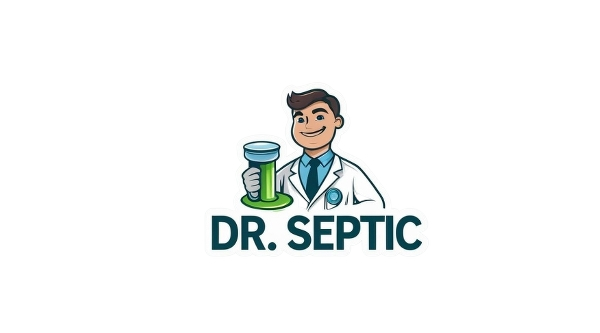Flushable Wipes and Septic Tanks: What You Need to Know
Are Flushable Wipes Safe for Septic Systems?
Flushable wipes are marketed as convenient and hygienic alternatives to traditional toilet paper. However, their impact on septic systems is a topic of concern for many homeowners. Despite being labeled as “flushable,” these wipes can pose significant risks to septic systems.
The Reality Behind “Flushable” Labels
The term “flushable” suggests that these wipes can safely be disposed of through the toilet. However, flushability does not necessarily mean they are safe for septic systems. Unlike toilet paper, which quickly disintegrates in water, many flushable wipes remain intact, leading to potential clogs and blockages.
Issues Caused by Flushable Wipes
- Clogs and Blockages: Flushable wipes can accumulate in the pipes and the septic tank, causing clogs that prevent the system from functioning properly. This can lead to backups and expensive repairs.
- Reduced Efficiency: The buildup of wipes in the septic tank can reduce its efficiency, as the tank has to work harder to break down waste. This can shorten the lifespan of the septic system.
- Pump Failures: Wipes can entangle with pump mechanisms in the septic tank, causing failures and necessitating costly replacements.
- Environmental Impact: Wipes that don’t break down can enter the drain field and the broader environment, contributing to pollution and harming local ecosystems.
Preventive Measures and Alternatives
To protect your septic system, consider the following preventive measures:
- Avoid Flushable Wipes: The simplest solution is to avoid using flushable wipes altogether. Opt for septic-safe toilet paper, which is designed to break down quickly in septic systems.
- Proper Disposal: If you choose to use wipes, dispose of them in the trash rather than flushing them down the toilet.
- Regular Maintenance: Schedule regular inspections and pump-outs of your septic system to ensure it remains in good working condition and to address any potential issues early.
- Educate Household Members: Ensure everyone in your household understands the importance of not flushing wipes and other non-biodegradable items.
Understanding Product Labels
When shopping for personal hygiene products, it’s essential to understand product labels. Even if a product is labeled as “flushable,” it might not be safe for septic systems. Look for products specifically marked as “septic-safe,” and even then, it’s wise to use them sparingly and with caution.
Environmental Considerations
Flushable wipes can have a broader environmental impact beyond your septic system. They contribute to the growing problem of non-biodegradable waste in waterways and landfills. Opting for more environmentally friendly alternatives, such as bidets or reusable cloths, can help reduce this impact.
So what is conclusion ?
While flushable wipes offer convenience and improved hygiene, they can pose significant risks to septic systems. Understanding the potential issues and taking preventive measures can help protect your septic system and avoid costly repairs. By choosing septic-safe products and disposing of wipes properly, you can maintain a healthy and efficient septic system while also being mindful of environmental impacts.
